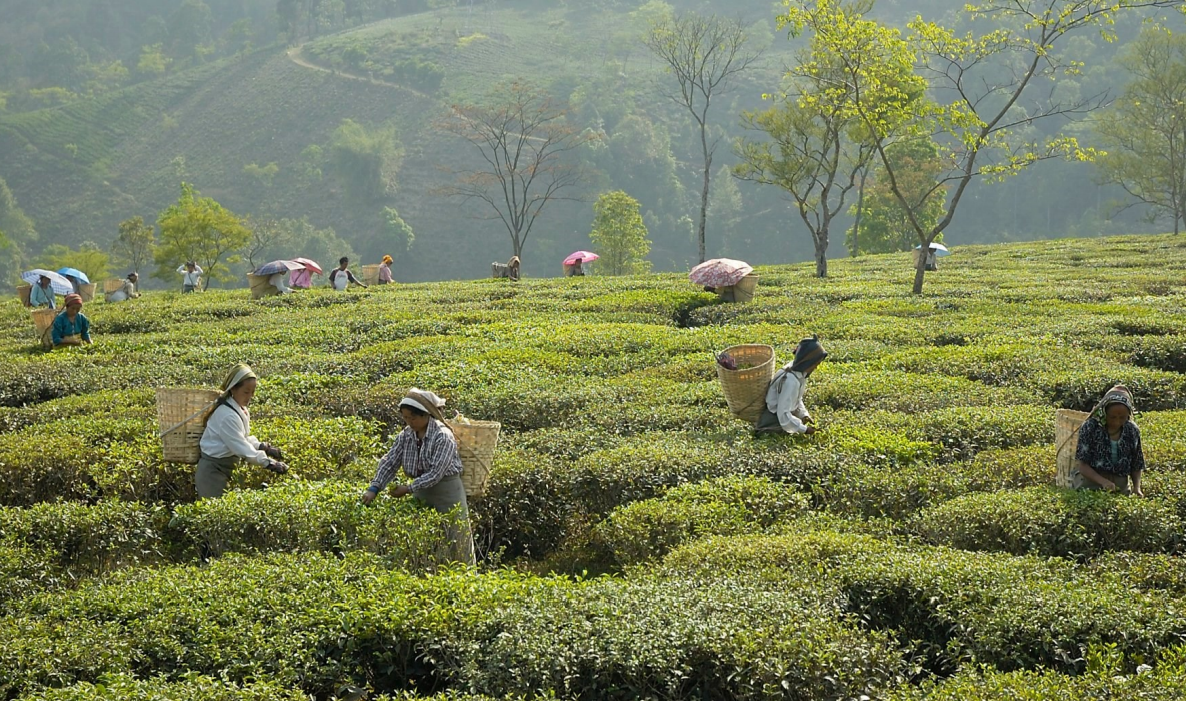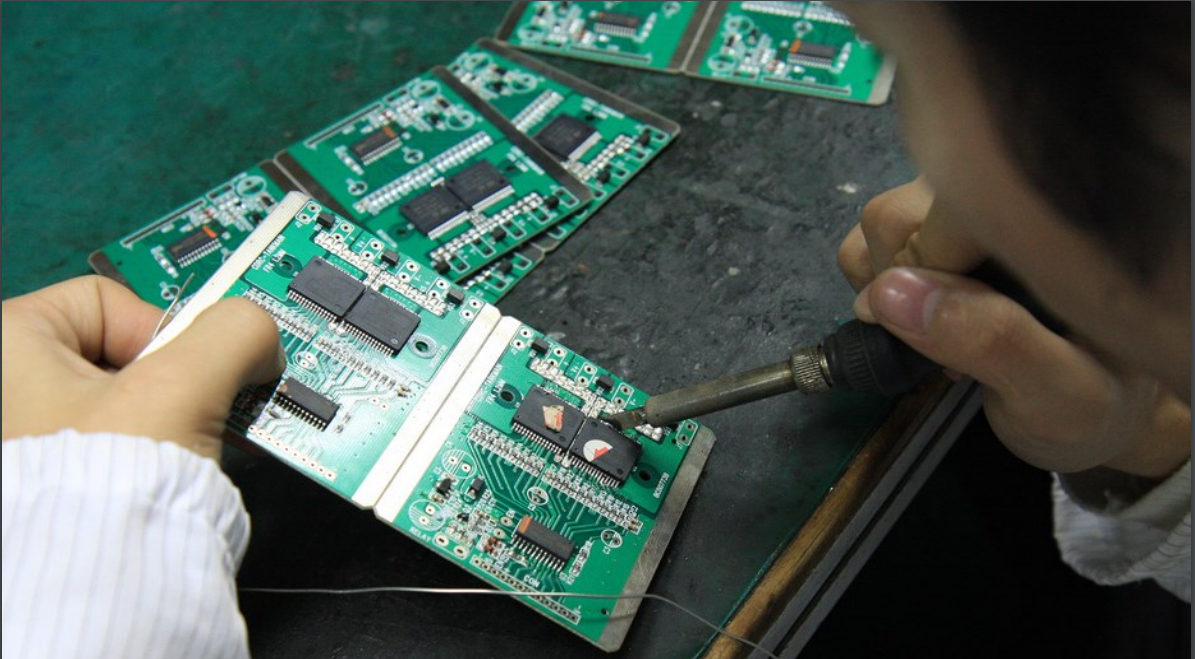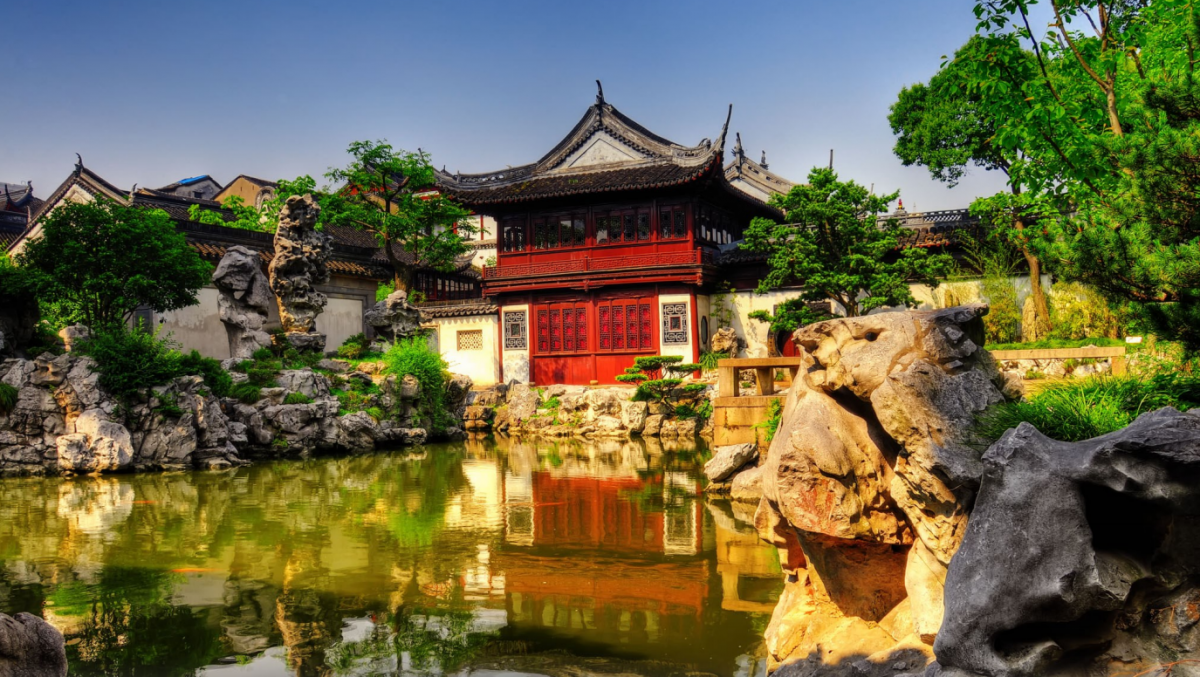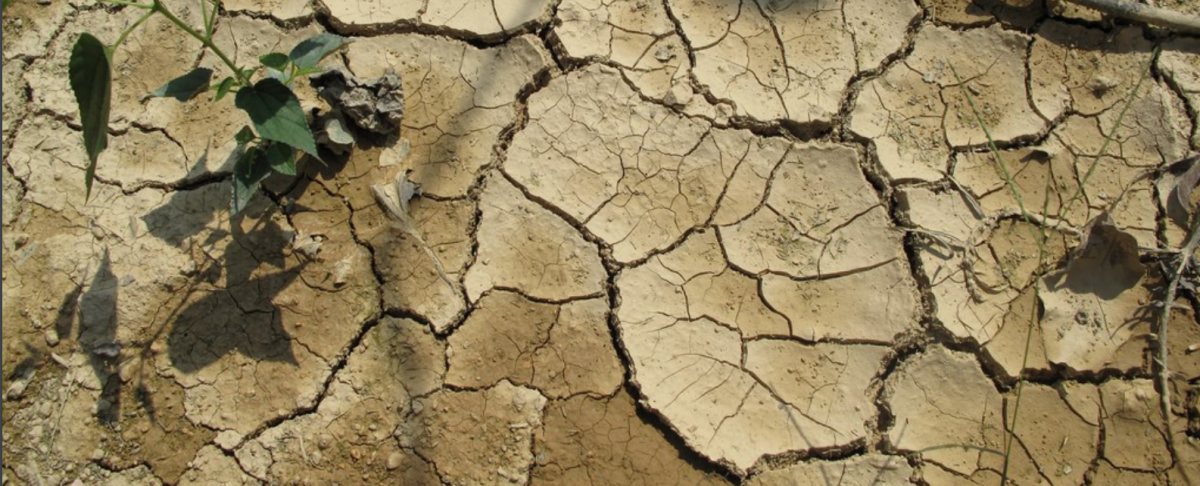Consumers relate fair trade to products of ‘small farmers’ who work in cooperatives. This image is not really correct because already in 1994 a first large tea plantation became fair trade certified. Twenty years later fair trade labels source bananas, tea, flowers and wine from large farm businesses, while the debate whether this is the way to go is still raging. Central to the debate is the living wage concept, a fair wage for all workers – including seasonal workers











